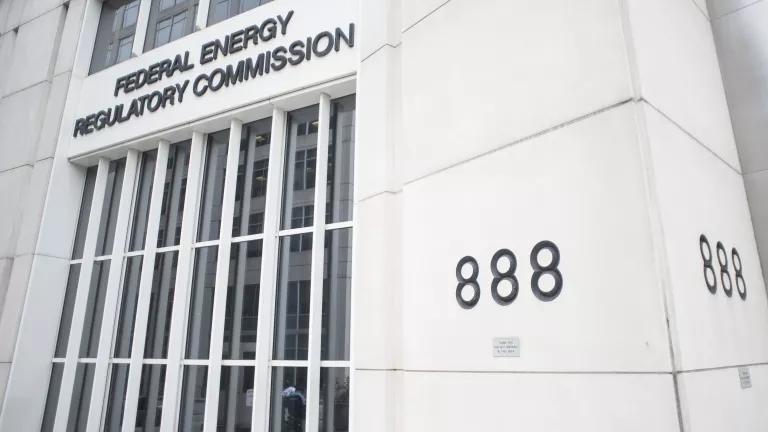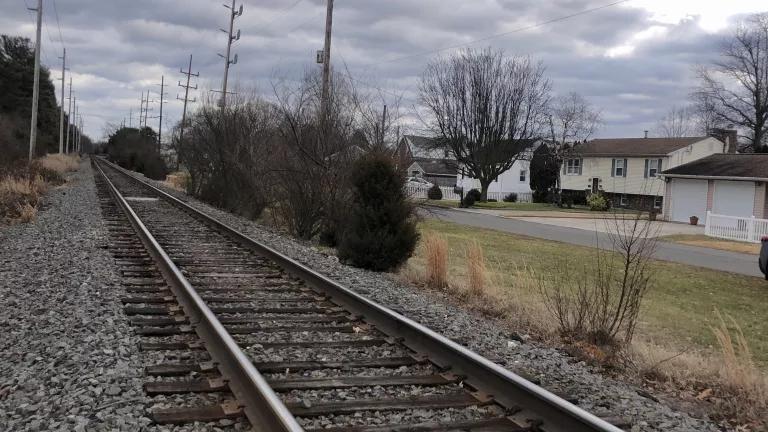State governments across the country are waking up to the fact that oil and gas production poses serious threats to their citizens, water, air, wildlife, communities, and landscapes. Regulations and enforcement capabilities are not up to the task of ensuring their citizens and resources can remain safe and healthy. The industry is expanding dramatically, and most state regulations have not kept pace with the expansion, the greater risks from newer and more intensive technologies, or the most recent equipment and approaches that can be used by the industry to increase safety and environmental protection. Here is some recent news from states around the country:
Maryland: The administration of Governor Martin O'Malley said that the state needs up to two years to study the risks of drilling for natural gas in Maryland before deciding whether to let the controversial practice go forward. The state's acting Secretary of the Environment stated: "We want to make sure we thoroughly understand what we're doing, what the consequences would be, before we proceed."
Idaho: Governor Butch Otter approved a new tax on natural gas production to fund the staff and experts needed to develop new regulations. In a meeting with industry representatives, the Governor stated: “I don’t want to have a ‘whoops’ meeting here later.” According to a news report, the Governor and the state's Oil and Gas Conservation Commission are concerned that natural gas operations may pollute groundwater or harm landowners, and made clear they would move cautiously to ensure all issues addressed.
North Dakota: In a recent news report, state officials in North Dakota have said that they are "understaffed and overwhelmed" and "struggling to provide adequate oversight amid an explosion of activity in North Dakota's oil patch." According to this report, "Hundreds of oilfield spills and thousands of waste disposal sites are being untended or are infrequently monitored because of a lack of personnel and funding." Said the Director of the state's Department of Mineral Resources: "It's a fire drill every day." Wow, I can't add any commentary to make that more powerful. The article is scary. Last fall there was a blow-out during a hydraulic fracturing job in North Dakota and it was estimated that over 60,000 gallons of hydraulic fracturing fluid, plus 7,000 gallons of oil, were blown out of the well into the environment.
West Virginia: State legislators have been working for weeks on legislation to update the state's antiquated oil and gas drilling rules, which don't sufficiently address the current scale or risk posed by intensive new drilling in West Virginia. Legislators are considering new permit fees to help pay for needed inspectors, new rules for toxic waste pits, and stream and homeowner protections. At a hearing on the legislation, one mom stated: ""I'm tired of bathing my son in water and him breaking out in rashes."
I was disturbed to read in one article that, during discussion of an amendment that would have created a new rule for radioactive oil and gas waste, a state official said that the state had not found any radioactive material. Yet a July, 2009 letter from the West Virginia Department of Environmental Protection states that radium 226, radium 228 and other radioactive materials are "pollutants of concern" in West Virginia. Contact me if you would like a copy of the letter. Unfortunately, I've also heard that important protections for surface owners and air quality have been stripped from the bill as it's made it's way through the legislature.
One thing I notice about these latest reports from states, and that I have observed throughout my work on this topic, is that concerns are not limited to those who consider themselves conservative or liberal. I've heard: "I am not a green tree hugger," and "I'm a drill here, drill now, kind of guy, but I want them to do it responsibly and respect property owners." Many, if not most, of the communities currently fighting for stronger protections are communities that might welcome the oil and gas industry if they thought it would not threaten their air, water, health, or community.
In other words, the grass roots efforts are not "anti-oil" or "anti-gas." Industry spokespeople often try to characterize the debate over oil and gas regulations as a choice between only two options: (a) let us continue our dirty practices and you can keep your job; or (b) pass new environmental regulations, kill our industry and the jobs that come with it.
But reasonable people know that these are not the real choices. Cleaner operations create jobs also. We have good evidence that stronger environmental protections to protect our air, water, wildlife and communities will not kill an entire industry or cause anyone to lose their jobs. To the contrary, in many cases they are profitable for companies. The industry can be a better community member--as well as cleaner--if it is required to adhere to higher environmental and safety standards and strictly held to those standards.



